

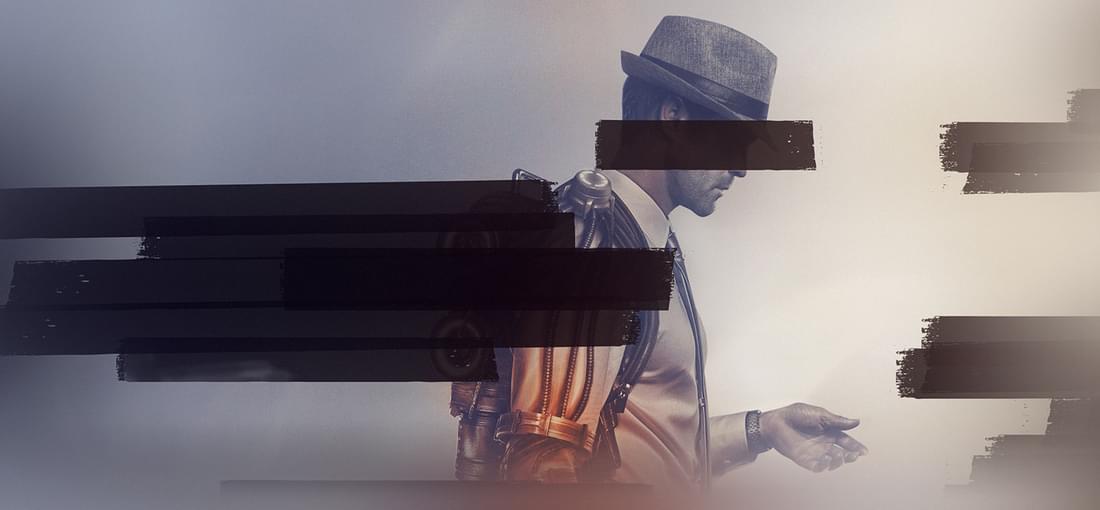
From reading reviews here and elsewhere, I got the impression that this game faced a lot of vitriol upon announcement and initial release for taking the XCOM series in a completely different direction. Although this ended up not being an FPC, as initially announced, it was still too late to rebuild the bridges that had been burned. I came to "The Bureau" aware of this background, but approached it with an open mind. It didn't disappoint. Playing both the main campaign and the DLC, I was pleasantly surprised at how natural the blend of third-person shooter and tactics worked. Unlike in the main XCOM game, you only control your main character directly, and can give instructions to two other squad members. By coordinating them and choosing their enemies, you can tactically take down large waves of enemies, despite your technology often being less impressive than theirs. Story-wise, the end "The Bureau" is a bit of a foregone conclusion. As this is prequel, it is clear that humanity will ultimately fight back the alien invaders. However, it is up to you how this is realized. Along the way, there is a unique twist that may challenge the perception that the aliens are always chaotic evil. I am going to dock a star, however, for performance. My video card generally runs games released in 2014 and earlier at 720p, or even higher. However, I had to keep "The Bureau" at 800*600 to ensure smooth gameplay and a constant 60FPS. Otherwise, though, I recommend giving this game a try -- especially if you catch it on sale.
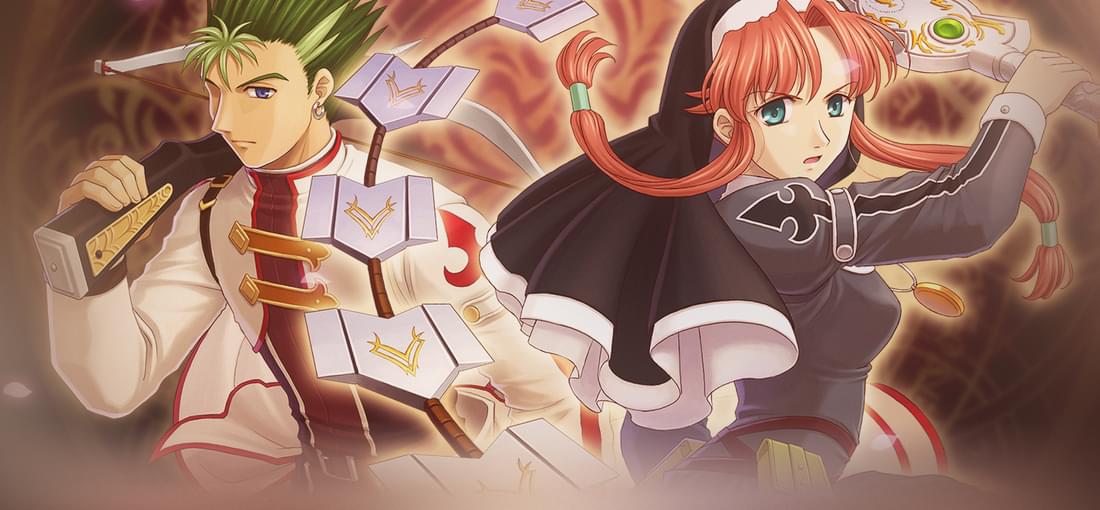
Having never played the [i]Trails[/i] series before, I decided to take a risk and drop $10 on the first in the series. Here I am, six months later, having just finished the third game. In all, I have a good 120 hours play time just on this series. It is fun, with a story that -- like most JRPGs -- keeps growing over time, hinting at an epic scope but never quite revealing its entirety. Now, more specifically about the third game: [i]The 3rd[/i] is a delightful romp through purgatory and Hell. Your main character is, unlike in the first two games, Father Kevin Graham, a member of the priesthood with a secret only hinted at in the second chapter. Uniting friends and foes alike, you tear your way through demons to uncover the secret of this world in which you find yourself trapped. If you've played the first two games, you will know what to expect in play style: turn-based strategy with a mixture of physical attacks, arts (magic), and crafts, as well as items. Everyone's S-crafts are expanded upon, and new orbments are included to expand the characters' range of abilities. In the exploration, there are also a number of entirely skippable doors that allow you to play minigames or get insight into lives of the characters. As mentioned in another review, this is not quite a sequel, but rather a lengthy epilogue to the [i]Trails in the Sky[/i] series and a farewell to the Liberl crew. It gives them a sense of closure, and sets up a number of plot points that are expanded upon in the [i]Cold Steel[/i] series and in some yet-to-be-translated games that I really hope end up on GOG in the near future. In short -- if you loved the first two games, buy this. If you haven't played them: play them first, then buy this.
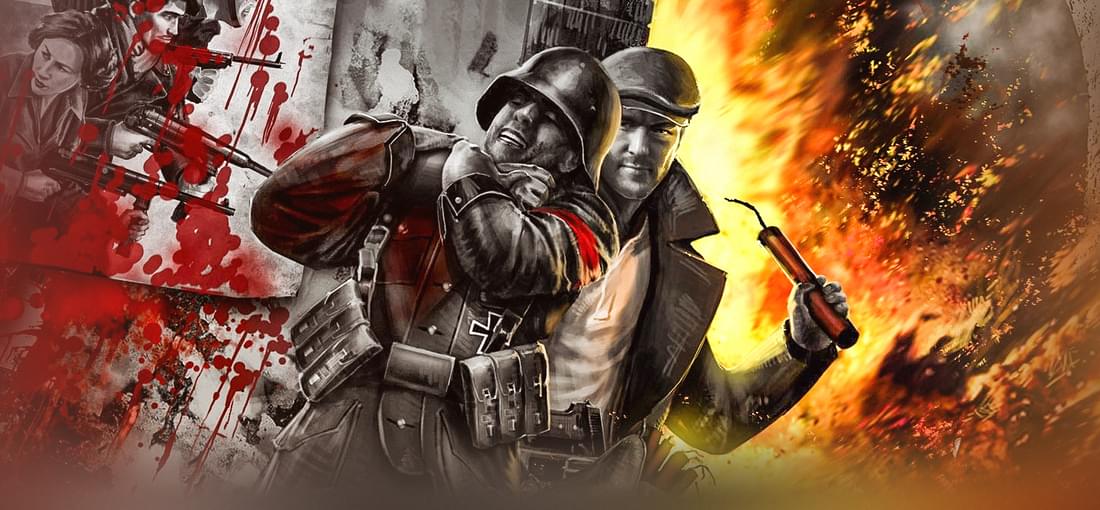
I came to "The Saboteur" utterly intrigued about the premise. An Irishman, helping the French resistance in World War II France, using a combination of "Grand Theft Auto" and "Assassin's Creed" mechanics? Sign me up! After starting to play, I was drawn in. It was a release every time I killed a Nazi, and by doing so saved a pedestrian from his terror. I was sneaking into bases, climbing and running and jumping around the rooftops of Paris, rushing down the country lanes of France, all the while keeping an eye open for a white dot that signified something that I'd like to blow to kingdom come. Now, almost forty hours in, there are one mechanic that is wearing on me. With the way the suspicion meter works, you could be behind barbed wire, five feet from a radar dish, and the Nazis wouldn't bat an eye. You could run ten pedestrians down in the streets, and they wouldn't care. You could be rushing through the streets of Paris in a stolen Nazi racecar, and they'll smile and let you through the checkpoints. Sean doesn't even change his pants when he puts on a disguise, and unless you're running they won't notice until they're right in your face. It makes the game much easier than it would have been for a real life saboteur. But that flaw aside, "The Saboteur" -- especially since its most recent patch, which fixed processor problems -- really is a great game. It draws you in with its dynamic black-and-white setting, then urges you to explore France and parts of Germany in your quest for vengeance. It is a solid 4.5 star game, and well worth playing.
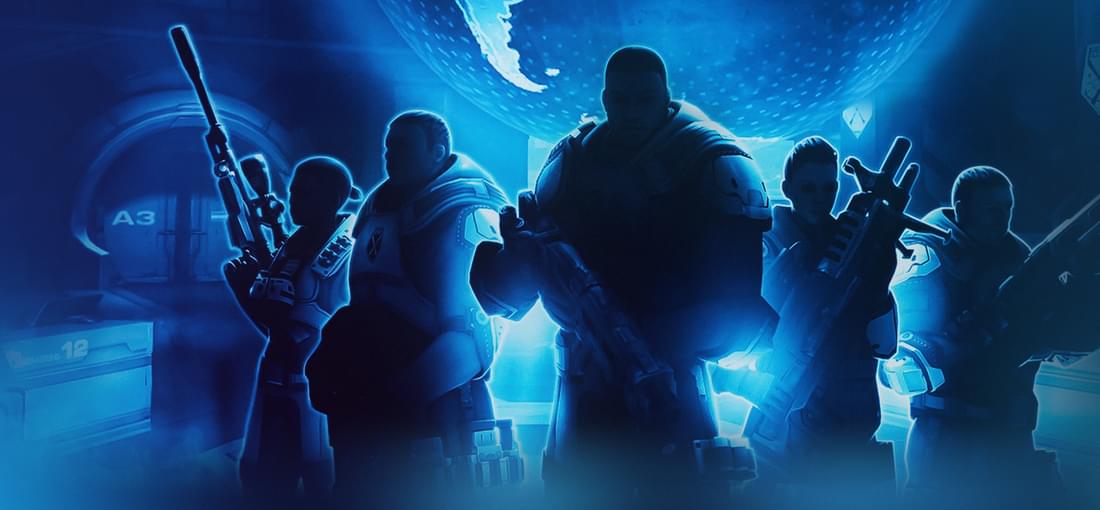
Unlike a lot of reviewers, I came to GOG's edition of XCOM: Enemy Unknown without any previous experience with the series or the game itself. However, based on the reviews here and elsewhere, I figured it was worth picking up. And since it was on sale, for $10, it wasn't that big of a risk. Shame I didn't take that caution with me into the game. First few missions went swimmingly, and then -- BOOM! -- Thin Men were tearing my squad new ones left and right. I learned very quickly that, even on easy, I couldn't play this while distracted. Focus on the strategy, keep to cover, calculate angles, and hope the random number god is not feeling particularly spiteful. Having just come off Darksiders, which had gotten repetitive quite quickly, this was exhilarating. The base management aspects, though less fun and strategic than the combat missions, were also interesting to learn. I only realized that I should focus on building a full satellite network towards the end-game, after the penultimate mission; once I had a network up, things got much easier. Shame I lost India along the way. Overall, I'd recommend XCOM to anyone interested in a fun strategy game.
I bought "Waking Mars" on a lark during a sale some time back, based on the reviews here on GOG. I did not regret it for a second. You play as an astronaut, one of the first to reach Mars following over a century of probe exploration. After your camp collapses, you are tasked with finding your way through an ancient cave system in search of a means of reaching your base camp, and if you have the chance of finding a lost probe. Of course, as one is wont to do in strange, ancient places, you quickly find that not everything is what it seems. The puzzle mechanics--i.e. cultivating certain environments to maximize the biological potential of a room--are riveting, especially as you are learning about the different flora and fauna to be found. The graphics make it clear that this was developed as a mobile game, but they work well, even on PC, and several rooms are veritable feasts for the eyes. "Waking Mars" is a somewhat slow paced game, as (so long as you watch yourself) your character is rarely in serious danger. Nonetheless, although it only took me about seven hours to finish, I had fun the entire time.
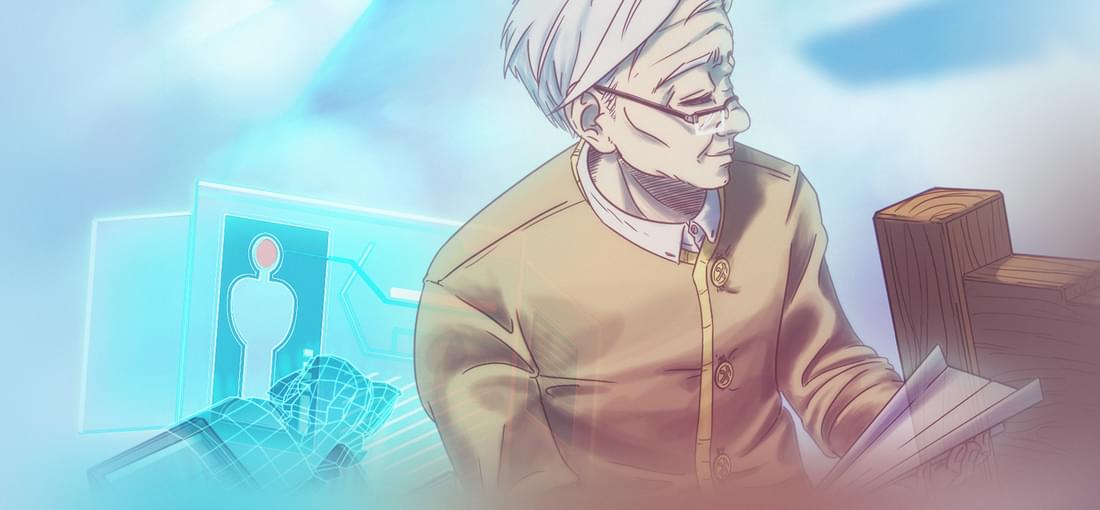
This game is, like it's predecessor "To the Moon", a moving emotional experience presented as an interactive narrative with relatively little standard gameplay experience. Like in "To the Moon", you take control of two employees of the Sigmund Corporation and are tasked with granting a dying man (first seen in "A Bird Story") his last wish -- at least through his memories. This leads you to explore different stages in this man's life and his development from a lonely youth to an airline pilot. As you figure out his numerous regrets, you realize something that challenges what you know about your job. Overall, the story is not as strong as that of "To the Moon", but it is certainly enough to give your heart strings a pull. Make sure to complete the game in one sitting (average time: 4 hours) to get the complete emotional effect. A lot of reviews have argued that the lack of interactive gameplay is a big flaw in this game. This is, indeed, more of an interactive novel and walking simulator than a "gamer's game". Yes, there are puzzles that need to be solved before moving to different stages in the patient's life, and there are scenes that implement shooting, fighting, and RPG-fighting mechanics, but those take up less than 15% of the total play time (average: 4 hours). If you seek solely a gameplay experience, it might be best to avoid "Finding Paradise". However, if you seek a great narrative that tugs at your heart strings while at times making you laugh with its self-awareness, this is well worth the price.
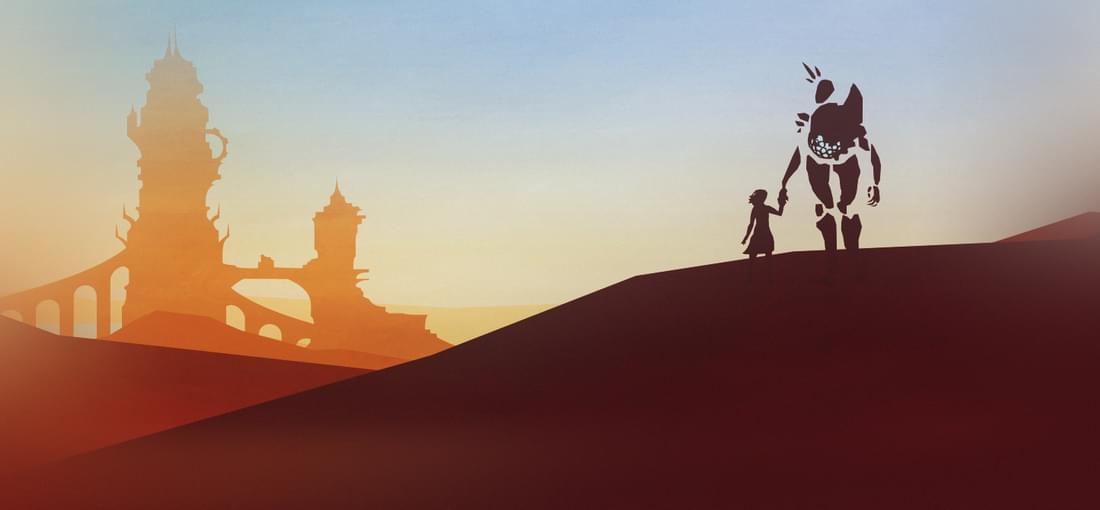
I was driven to buy Golem based on its art style, which I found (and, four levels in, still find) quite interesting. The level design is beautiful, and the golem character itself is quite interesting. Given the highly dynamic camera, you can zoom in on any area of the map and just enjoy the art at any time, or zoom out and try to take the whole thing in. Performance is good on my laptop, and the fast forward function helps with the backtracking when you miss a puzzle. Gameplay-wise, Golem is a bit of a let down. You click, and your character moves along a set route. I get that this is necessary when your golem actually starts moving on its own and you need to have two characters moving at the same time, but as a result I'm not really invested in the character as much as I was with (for example) Limbo. Which is a shame... there's an interesting story hinted here, but I just really can't push myself to care. I did have problems with installation; I tried to install this through GoG Galaxy, and it just didn't work. After almost a week, I decided to download the standalone installer and install the game like that. Only then did it work, and link to Galaxy. But by that point I wasn't as interested in playing this game as I had been, and I decided to play three other games first.